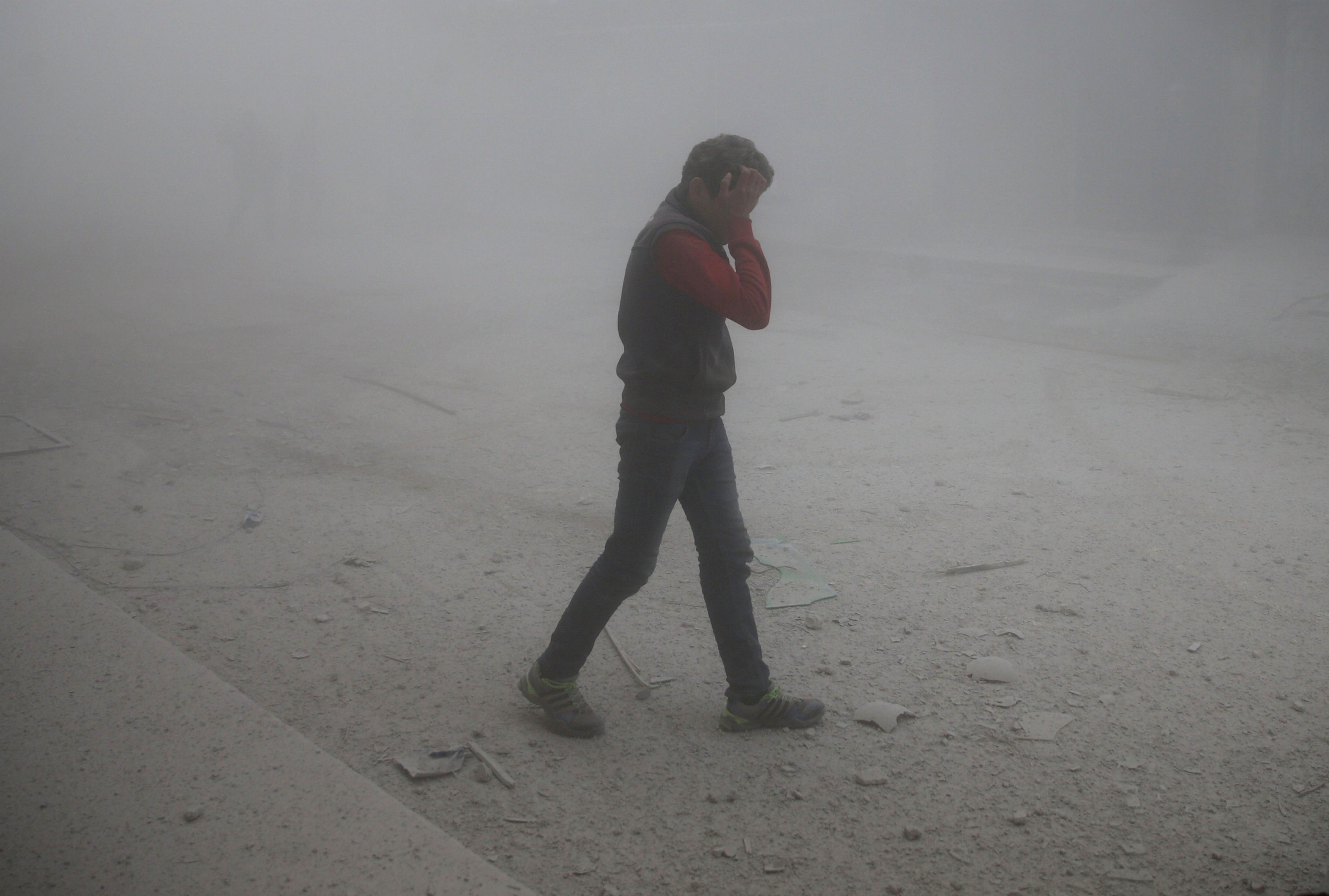
NEW YORK (Reuters) – The Bangladeshi man accused of attempting a suicide bombing in one of New York City’s busiest commuter hubs is expected to be formally charged as early as Wednesday with supporting a foreign terrorist organization and other crimes.
Akayed Ullah, a 27-year-old supporter of the radical group Islamic State, will appear from Bellevue Hospital before a judge via video conference as soon as Wednesday, a spokesman for the U.S. Attorney’s office. He is recovering from injuries he suffered when his homemade bomb ignited but failed to detonate.
Three people suffered minor injuries when Ullah attempted to detonate a pipe bomb secured to his midsection in a pedestrian tunnel under the sprawling Port Authority transportation complex, where many commuters from New York’s suburbs arrive on buses and transfer to local subways.
Officials have declined to describe Ullah’s condition.
“I did it for the Islamic State,” Ullah told police who interviewed him after the blast, according to papers filed by federal prosecutors on Tuesday.
Ullah, who has lived in the United States since 2011, began his self-radicalization in 2014 when he started viewing pro-Islamic State materials online, prosecutors said. He carried out his attack because he was angry over U.S. policies in the Middle East, they said.
Inside Ullah’s passport, which was recovered from his home, were handwritten notes, including one that read, “O AMERICA, DIE IN YOUR RAGE.”
Bangladesh’s counter-terrorism chief told Reuters on Wednesday that his country had found no evidence linking the suspect to militants in his home country.
“We have collected evidence and information from his family members: his wife, father-in-law and mother-in-law,” Monirul Islam, head of the Bangladesh police’s counter-terrorism unit, said in an interview. “In Bangladesh we have not found any connection or have not been able to identify any of his associates who were or are involved with any terrorist groups.”
His attack was the latest inspired by militants to hit the largest U.S. city. In October an Uzbek immigrant killed eight people by racing a rental truck down a bike bath.
In October, an Afghan-born U.S. citizen was convicted of planting two bombs in New York’s Chelsea neighborhood in 2016, one of which exploded and wounded 30 people.
(Reporting by Brendan Pierson and Daniel Trotta; Additional reporting by Krishna N. Das and Serajul Quadir in Dhaka; Writing by Scott Malone; Editing by Jeffrey Benkoe)







